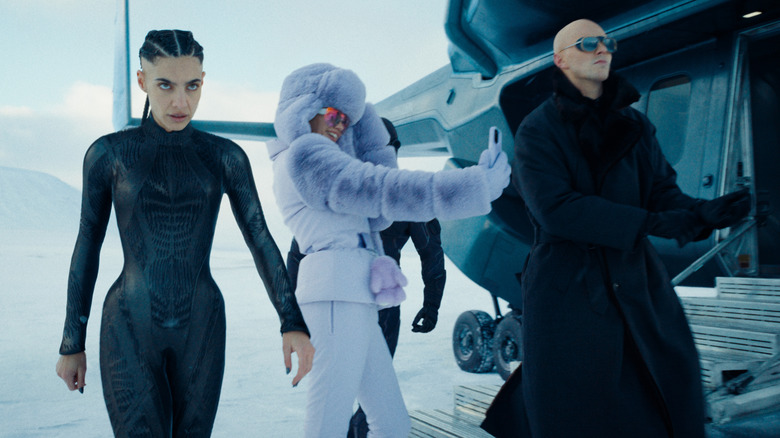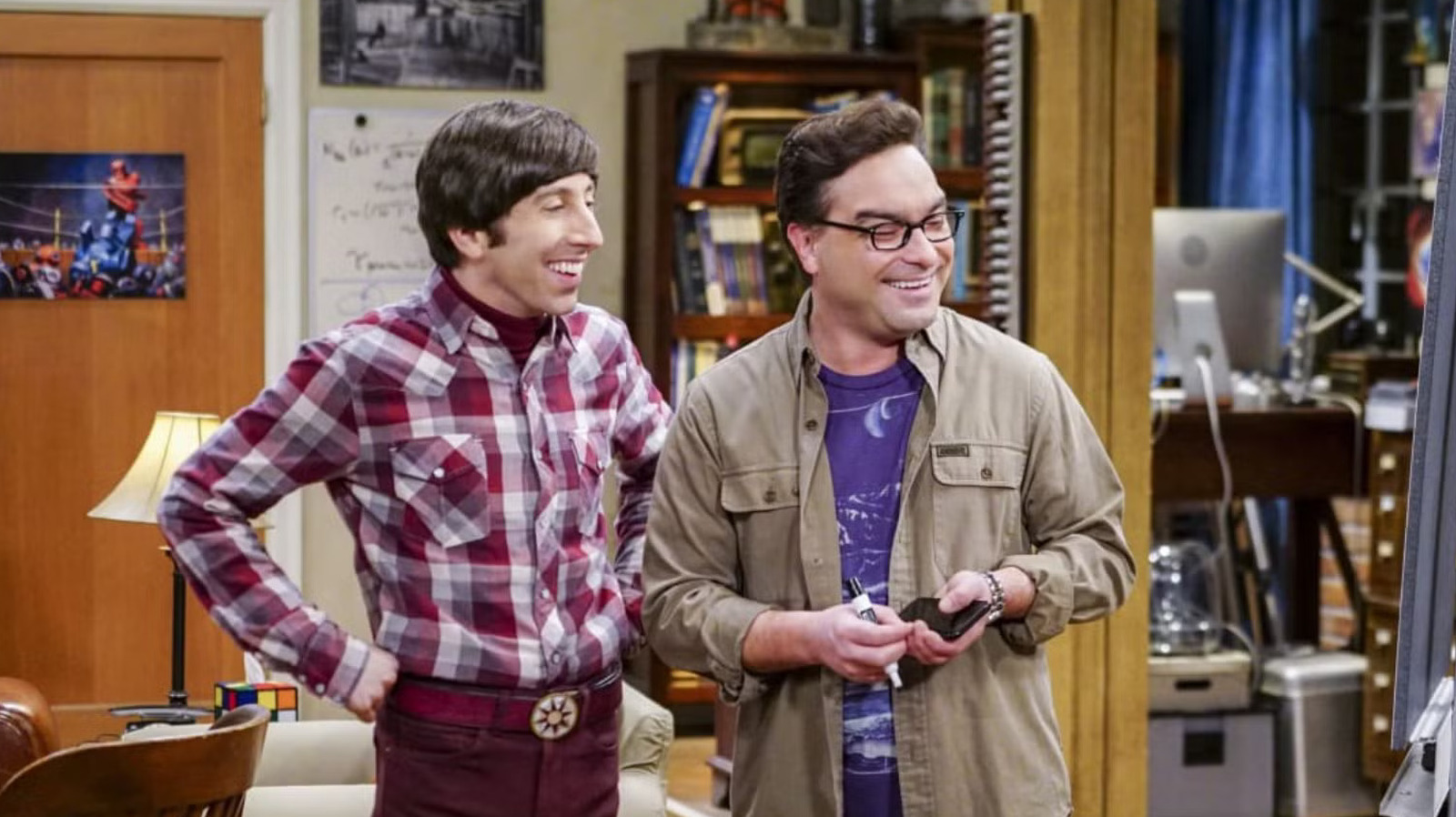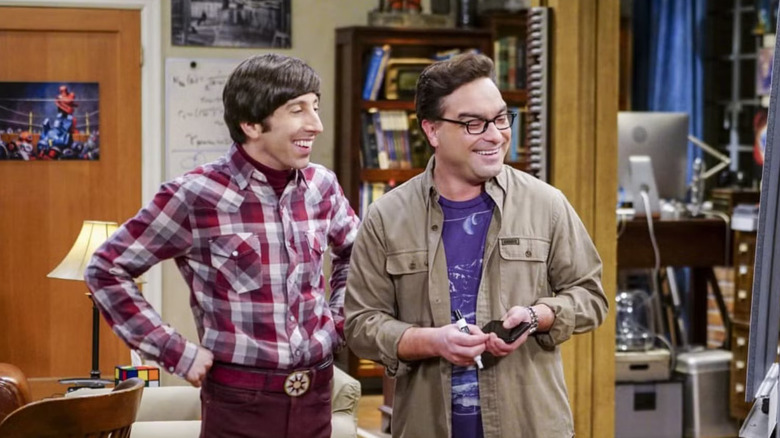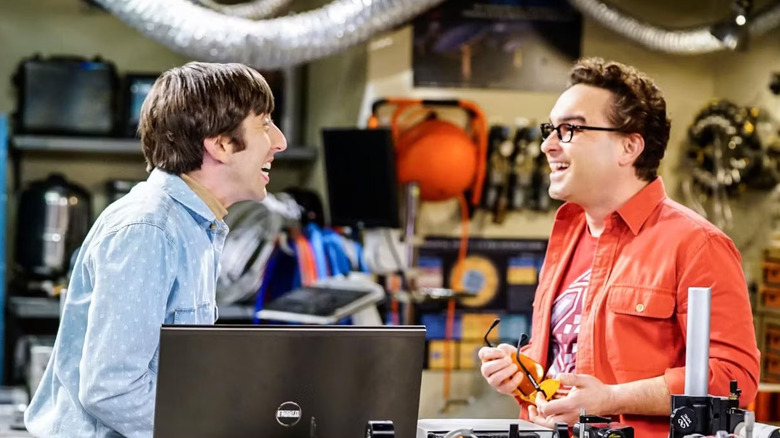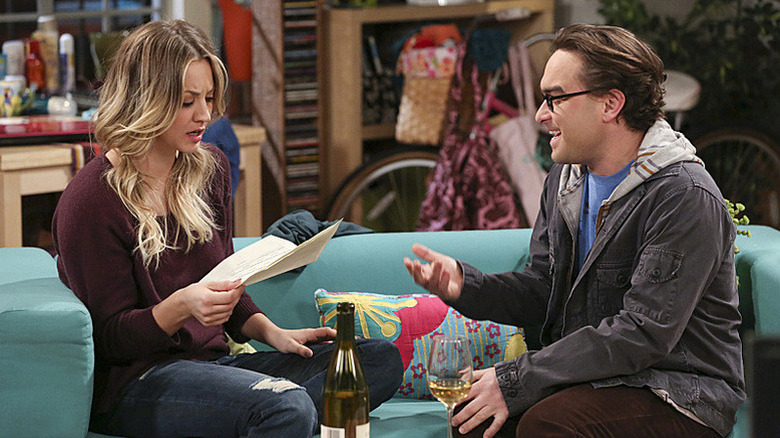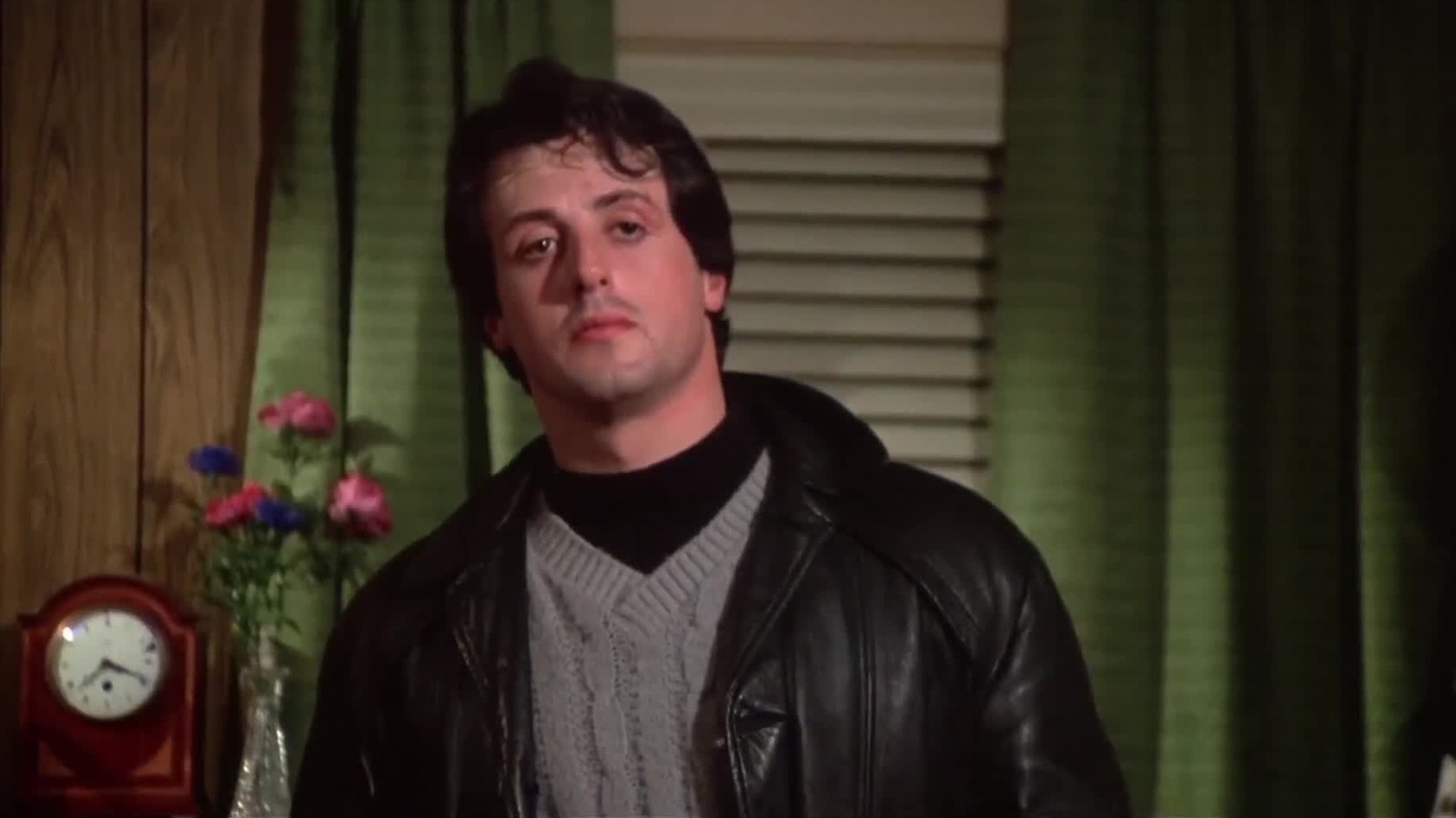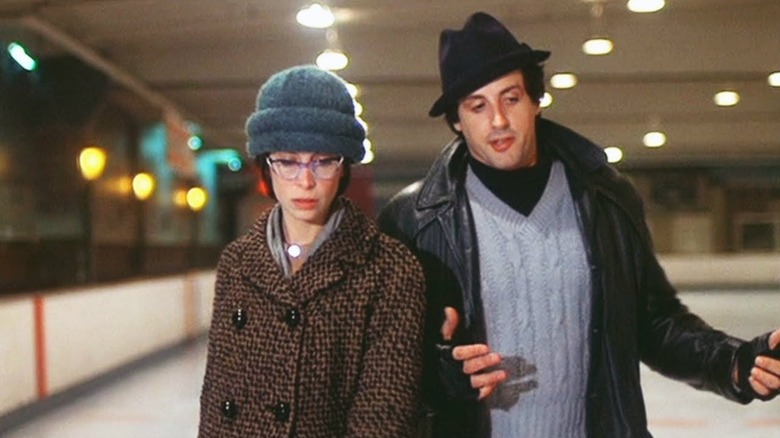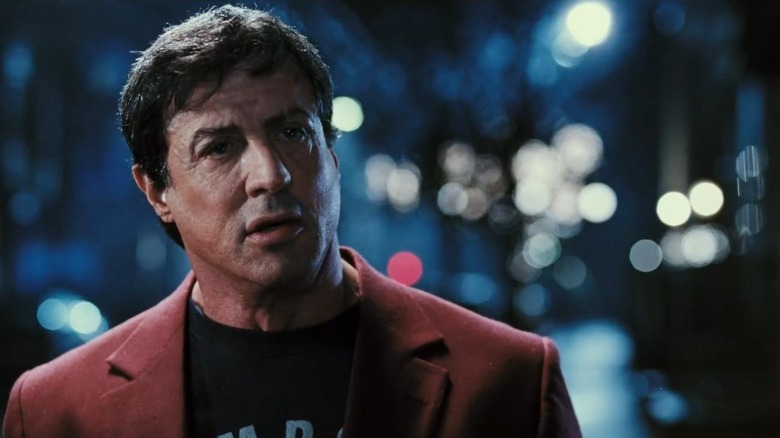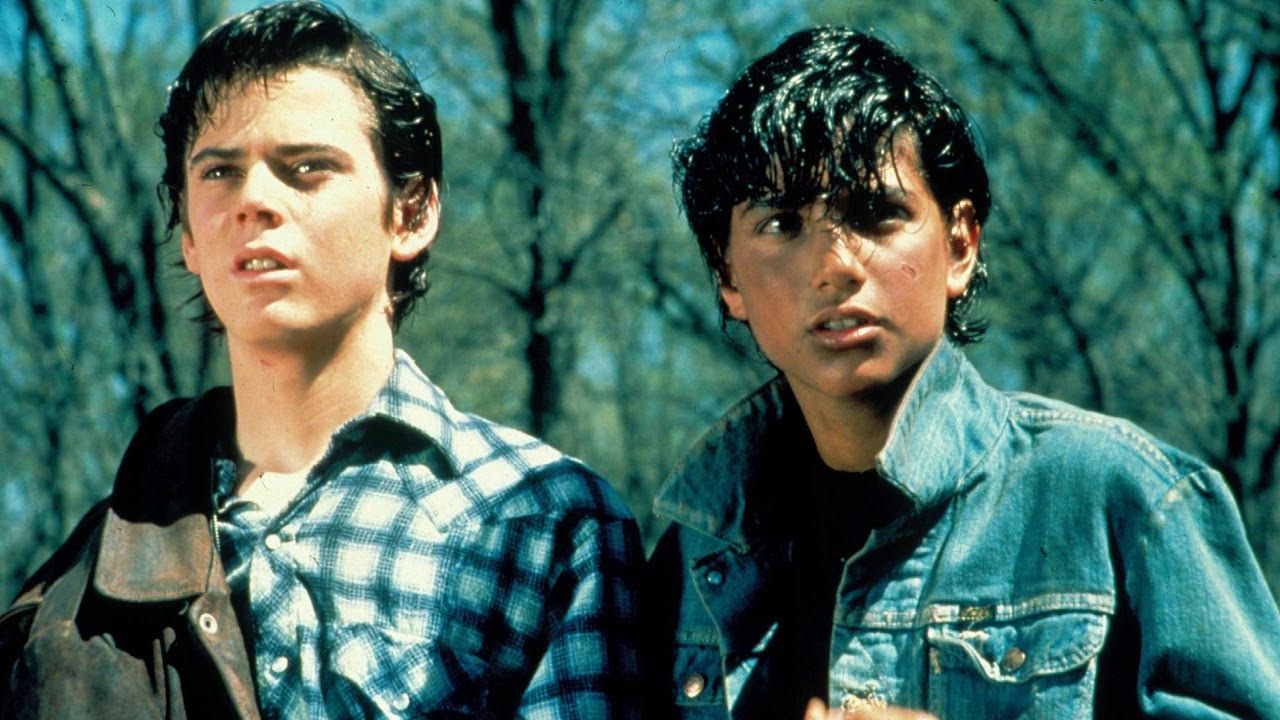
I Rewatched The Outsiders For The First Time As An Adult, And I Don’t Think I Ever Appreciated This Movie Enough
The Outsiders is a film I never really understood.
When it comes to the best 80s films, everyone typically picks The Outsiders as one of them. While I’ve been very familiar with Ralph Macchio in The Karate Kid movies, as well as Cobra Kai, one of the best shows on Netflix, I never got to see another one of his most famous movies, The Outsiders.
I watched it as a middle schooler because every school had their kid reading this book and then watching the movie, and I remembered enjoying it. But it has literally been fourteen years since then, and I decided to check it out for the first time in years. And I have to admit…it was the experience I didn’t realize I needed.
2025 movie schedule is filled to the brim with them, and due to that, we never really get to see that many well-told original movies anymore. It’s one of the biggest gripes I had with the box office.
In turn, that also translates to adaptations of original stories. They don’t get the marketing they deserve, and half the time, they only end up getting the praise years after its release, or when it’s finally available to stream.
The Outsiders is one of those movies where, if it were released today, I’m not sure how well it would do at the box office. It’s a moving coming-of-age story that hits harder than ever before because we’ve gone through experiences that are so similar in many different ways. It makes me wonder why we’re required to read this in middle school rather than high school, where we can better comprehend the themes.
Even so, this film had an impact on me, and there are two reasons why – the cast and the story.
Rob Lowe – everyone did such a fantastic job.
There have been many moments in the past when certain cast members didn’t seem to fit, or the entire cast lacked chemistry. But watching this film makes me really feel the story. Because these characters don’t feel like cast members, they feel like family. They feel real.
That’s the kind of cast that we rarely see, where the cast members genuinely feel so raw and authentic. You can tell from a mile away that these cast members were close on set and that this story meant a lot to them. And that made the viewing experience that much better.
available to stream for free, so it’s not difficult to find. If you’re looking for something to do on a Saturday afternoon, check this film out again.
You won’t regret it.


